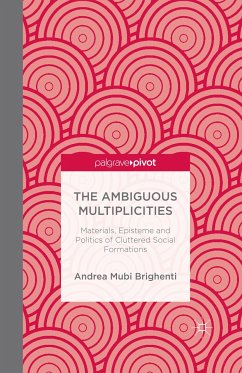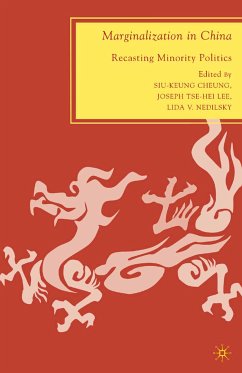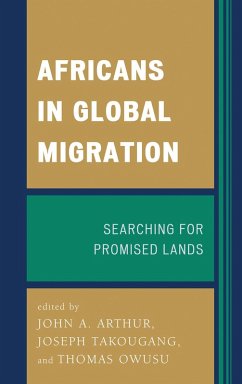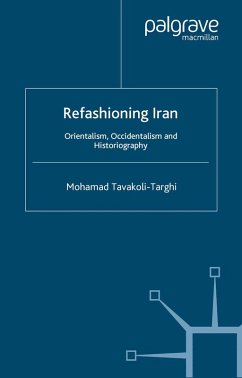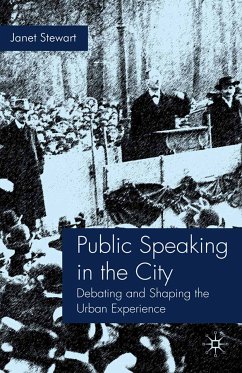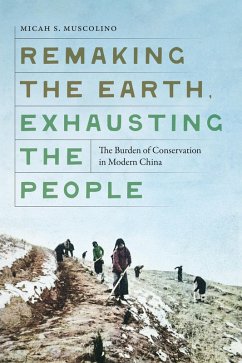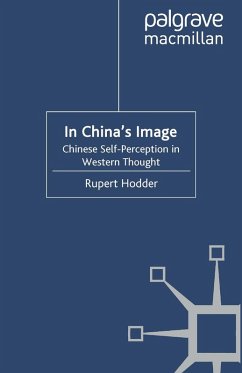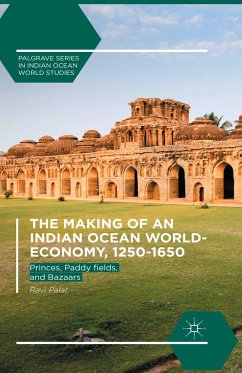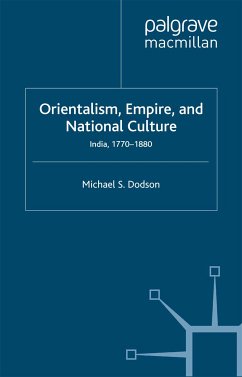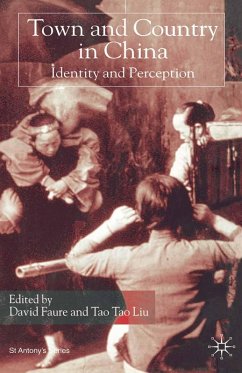
Town and Country in China (eBook, PDF)
Identity and Perception
Versandkostenfrei!
Sofort per Download lieferbar
72,95 €
inkl. MwSt.
Weitere Ausgaben:

PAYBACK Punkte
36 °P sammeln!
The transformation in Chinese social theory in the twentieth century placed the rural-urban divide at the centre of individual identity. In 1500, such distinctions were insignificant and it was the emergence of political reforms in the early 1920s and 1930s which separated cities and towns as agents of social change and encouraged a perception of rural backwardness. This interdisciplinary collection traces the development and distinctions between urban and rural life and the effect on the Chinese sense of identity from the sixteenth century to the present day. It provides a daunting example of...
The transformation in Chinese social theory in the twentieth century placed the rural-urban divide at the centre of individual identity. In 1500, such distinctions were insignificant and it was the emergence of political reforms in the early 1920s and 1930s which separated cities and towns as agents of social change and encouraged a perception of rural backwardness. This interdisciplinary collection traces the development and distinctions between urban and rural life and the effect on the Chinese sense of identity from the sixteenth century to the present day. It provides a daunting example of the influence that political ideology may exert on an individual's sense of place.
Dieser Download kann aus rechtlichen Gründen nur mit Rechnungsadresse in A, B, BG, CY, CZ, D, DK, EW, E, FIN, F, GR, HR, H, IRL, I, LT, L, LR, M, NL, PL, P, R, S, SLO, SK ausgeliefert werden.



